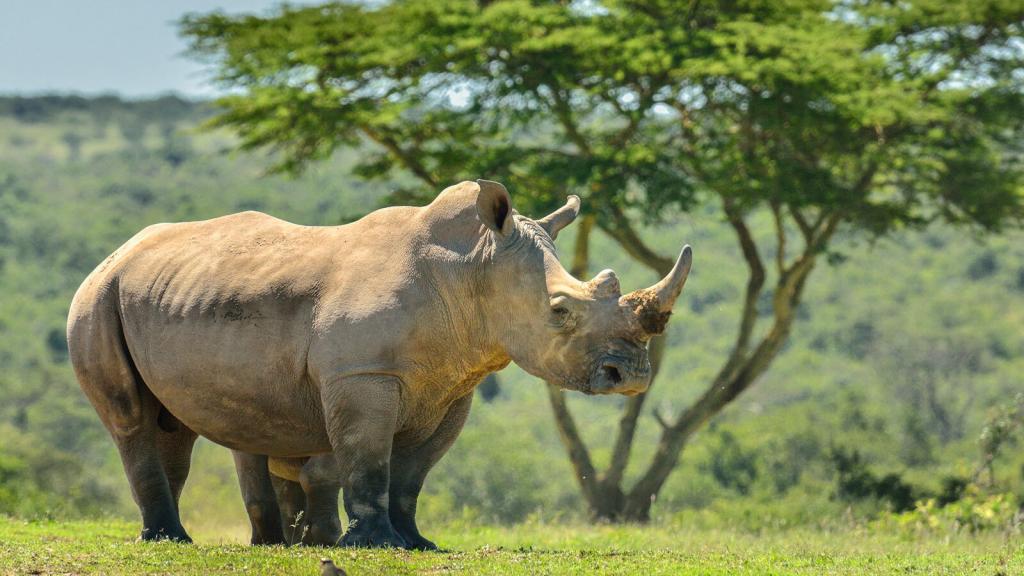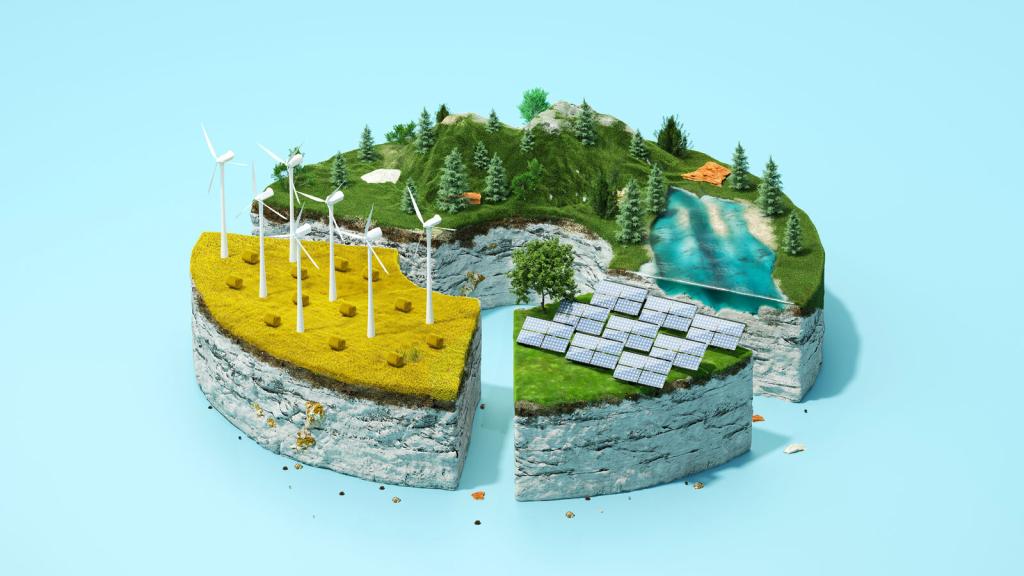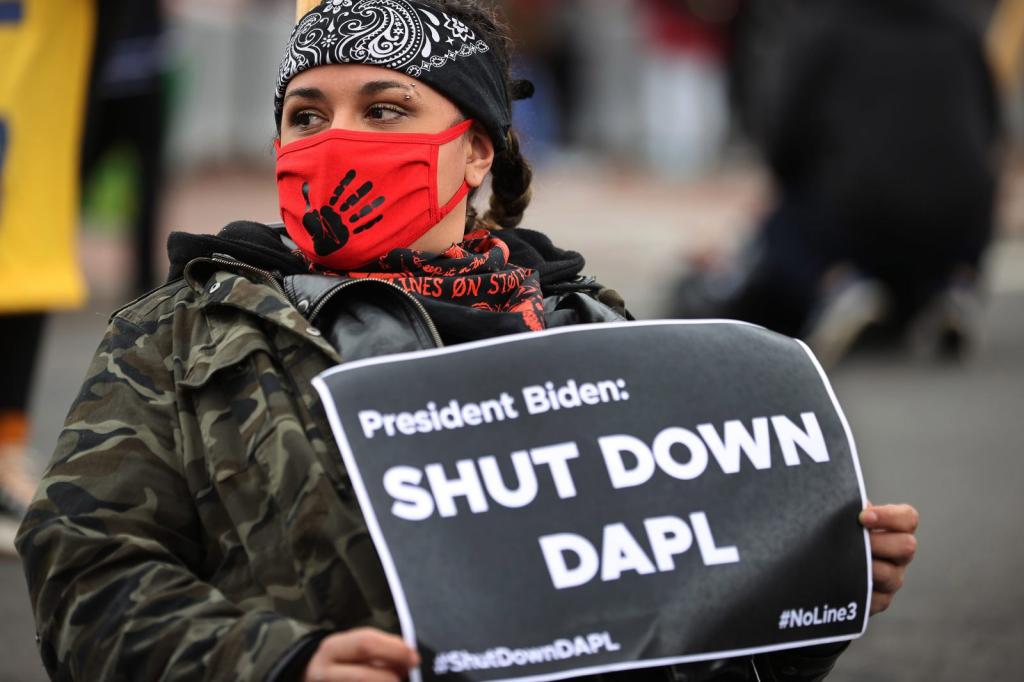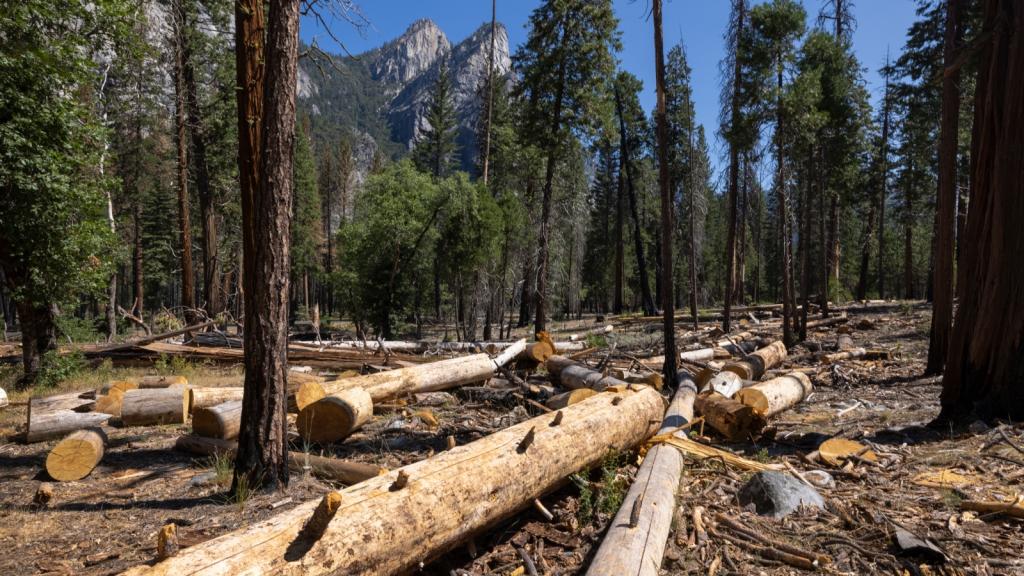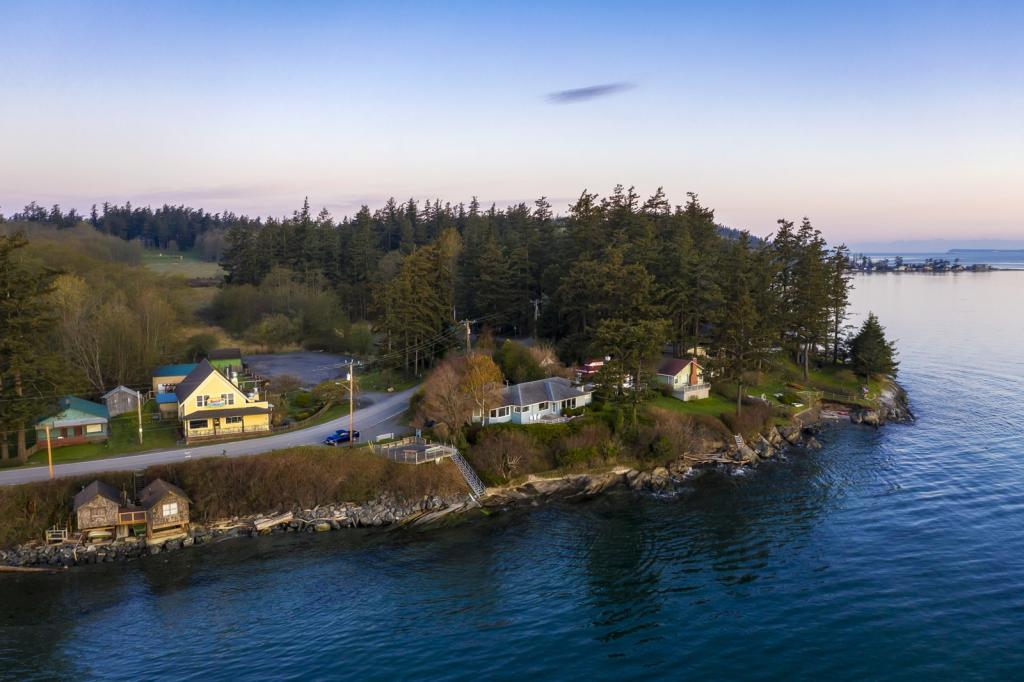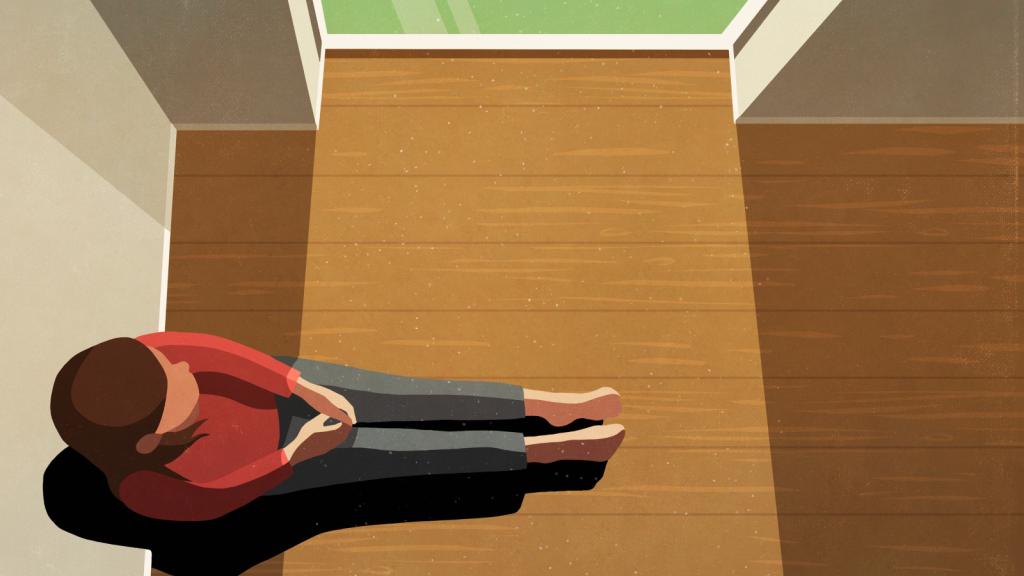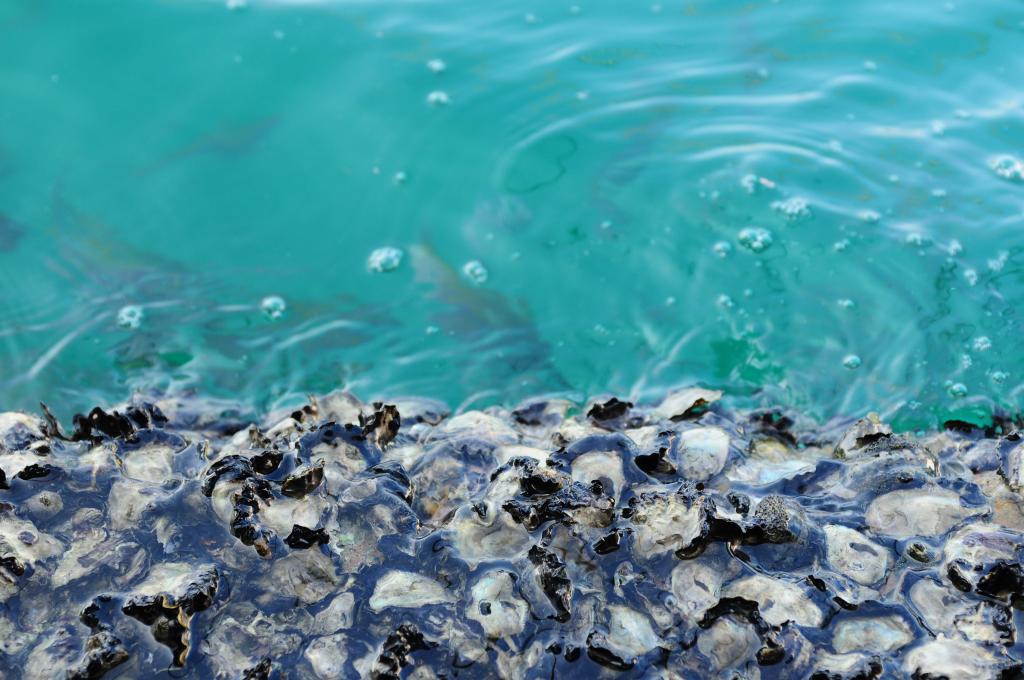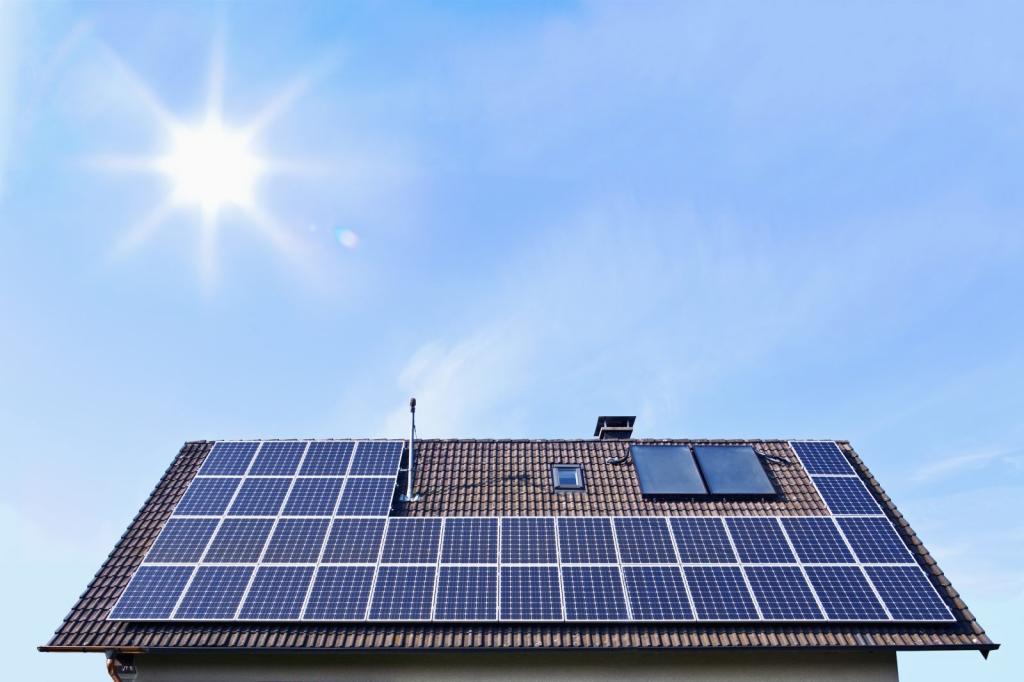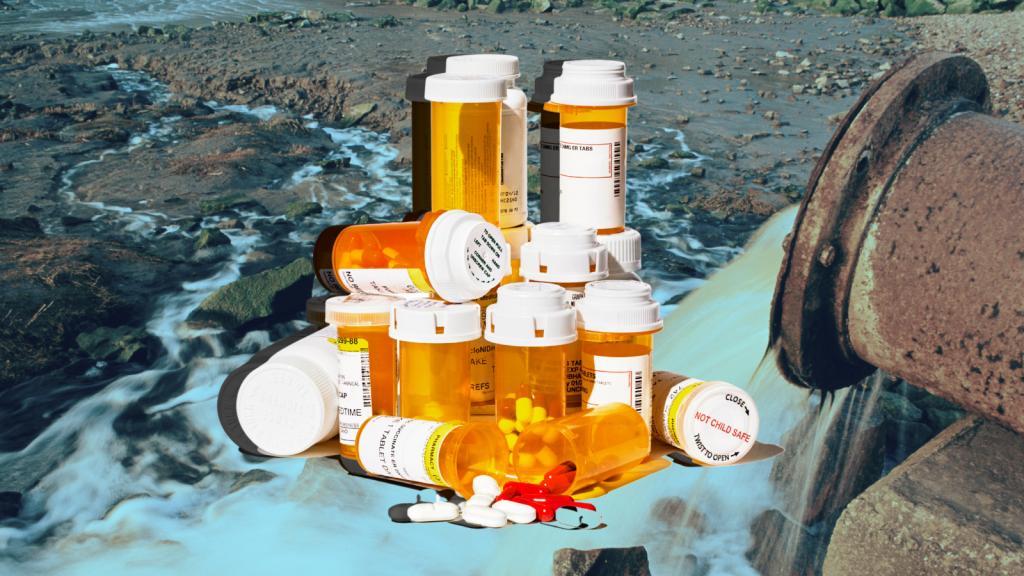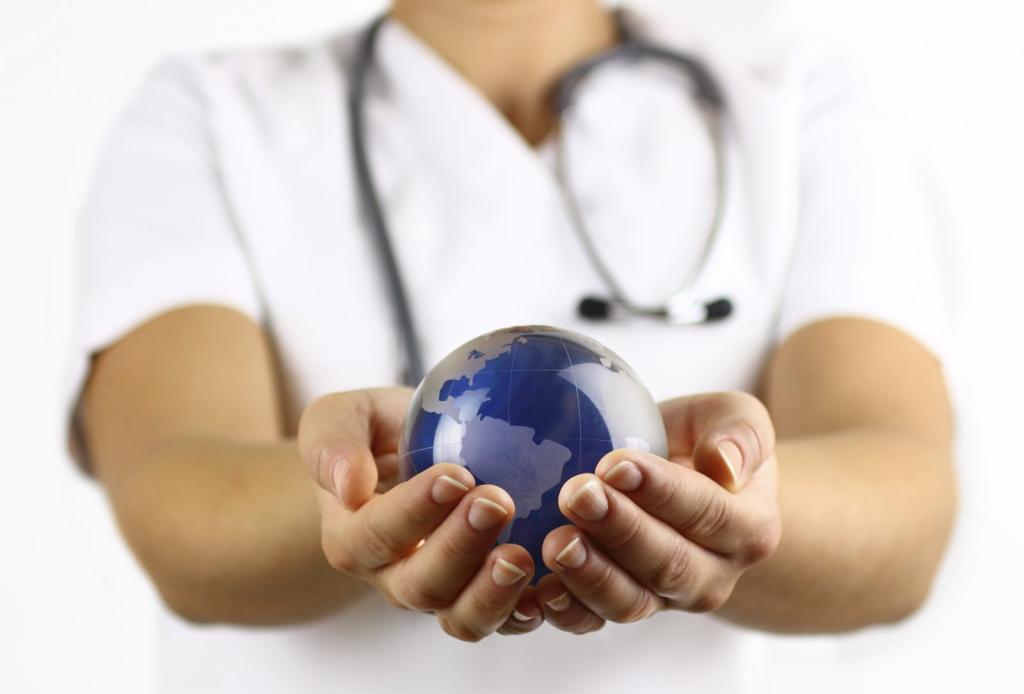Voices
In This Series
-
A multimillion disinformation campaign is trying to convince you that trophy hunting is ‘sustainable’
Groups promoting “sustainable use” to protect wildlife have close ties to industry. To protect biodiversity, we need to follow the money.
-
The Dems’ clean energy plan can do better on environmental justice. Here’s how.
Within the budget reconciliation proposal is a clean energy standard that’s great for climate, but not for equity — and frontline communities could suffer more.
-
5 years after Standing Rock, the Dakota Access pipeline continues operating — illegally
It’s time to shut it down for good. Here’s what it would take.
-
Logging in disguise: How forest thinning is making wildfires worse
The U.S. Forest Service clears trees from public lands in the name of fire prevention, but it doesn’t work. There are better strategies to protect communities, but don’t expect to hear about them from the logging industry.
-
This community put the brakes on oil, coal, and natural gas with one law. Yours can, too.
Whatcom County’s watershed victory should inspire local governments to join dozens of others that have quashed new fossil fuel proposals.
-
Climate change is scary. This therapist says lean into those feelings.
Too many people are avoiding climate reality. A professional offers 6 ways to stay engaged — for the planet and for our mental health.
-
Science has a prescription for the ocean’s heartburn. Some side effects are worth it.
A project to de-acidify bay waters saved baby oysters in Oregon — and has the potential to save the oceans. We just need to get more comfortable with geoeingeering to do it.
-
Puerto Rico’s future is solar. Recovery funds should go there, not to its outdated grid.
Rather than pour more money into a doomed system, Puerto Rico should use FEMA funds to provide every resident, business, and institution on the island with rooftop solar and storage.
-
Doctors could prescribe greener (and probably fewer) drugs. If only they had more information.
Pharmaceuticals have shocking downstream environmental consequences, but physicians and consumers need transparency to make better choices.
-
The climate crisis is making us sick. Doctors need better training to treat it.
Few medical schools include climate change in their curricula, so physicians are ill-equipped to prevent resulting illness and death, or even reduce their own carbon footprint.
